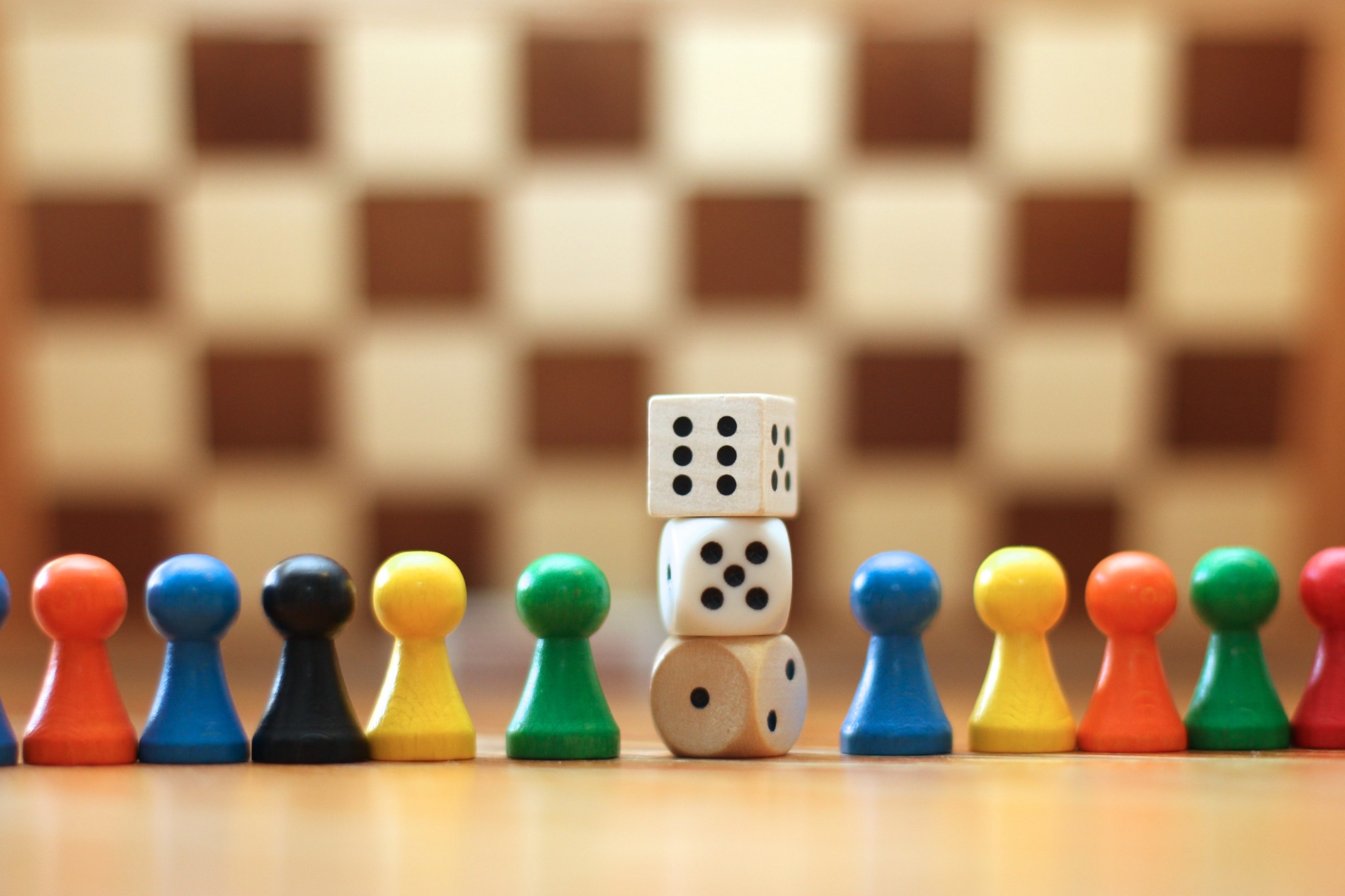This February sees the 80th anniversary of the first time the game of Monopoly was seen on sale. It still remains one of the most popular board games across the world and has spawned many local versions. It’s one of the best games for combining luck with skill and logic and is a great teaching aid for maths.
You can find out fascinating facts about Monopoly at . . .
http://www.hasbro.com/monopoly/en_US/discover/about.cfm
Suitable for:
Year 3 to Year 6
Learning Focus:
- Recognise that dice throws are linked to probability
- Be able to count money
- Be able to reason with amounts of money including budgeting and conservation
- To be able to perform simple number operations
Activity One:
Get one of the free versions of Monopoly available online to display on your interactive white board.
Explain the layout of the board and the aim of the game – to amass as much money as possible from renting out property in locations you have bought.
Tell the pupils that whilst many board games are purely based on chance or luck (mathematics calls it probability!), Monopoly is different in that it has elements of skill, decision making and logic involved in playing it.
Demonstrate with the online version buying property and how, once you own all the locations of the same colour you can add houses or hotel and charge rent.
Tell the pupils that all players receive £1500 to start with and they have to invest it wisely. They can collect more from “Passing Go”, from rents on property they own or from good fortune in the Chance and Community Chest cards. They can also sell property to other players.
Now start to ask the pupils questions about the maths of the game.
Use the Monopoly Questions Worksheet for a class exercise or choose individual questions from it to work on verbally with the whole class.
Activity Two:
Now get the pupils to play the game and ask them to talk to each other about the outcome of their dice throw and the decisions they made. Ask the other players to respond in terms of whether they think they would do the same or what alternative they would suggest and why.
Activity Three:
From discussing and playing Monopoly, the pupils will have a sound idea of how a game can combine luck/probability and skill.
Ask them to use their experiences and learning to create their own board game combining the elements of moving around a board and skill in making strategic decisions.
They should write the rules, create the board and associated equipment and then give it to another group to play.
The groups playing the games should be asked to write a review of the game they played listing the good points and suggestions for improvement.
David Lewis




